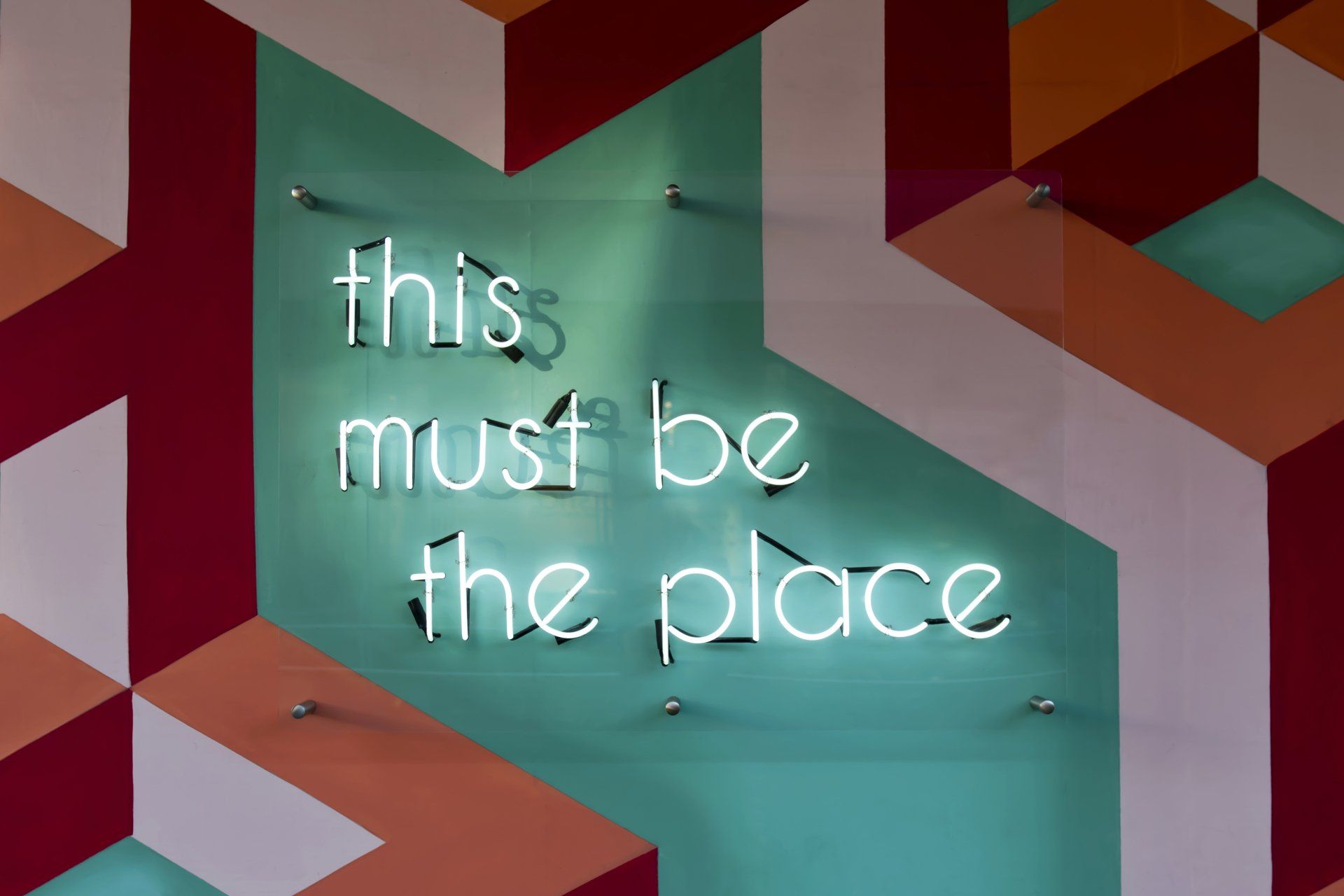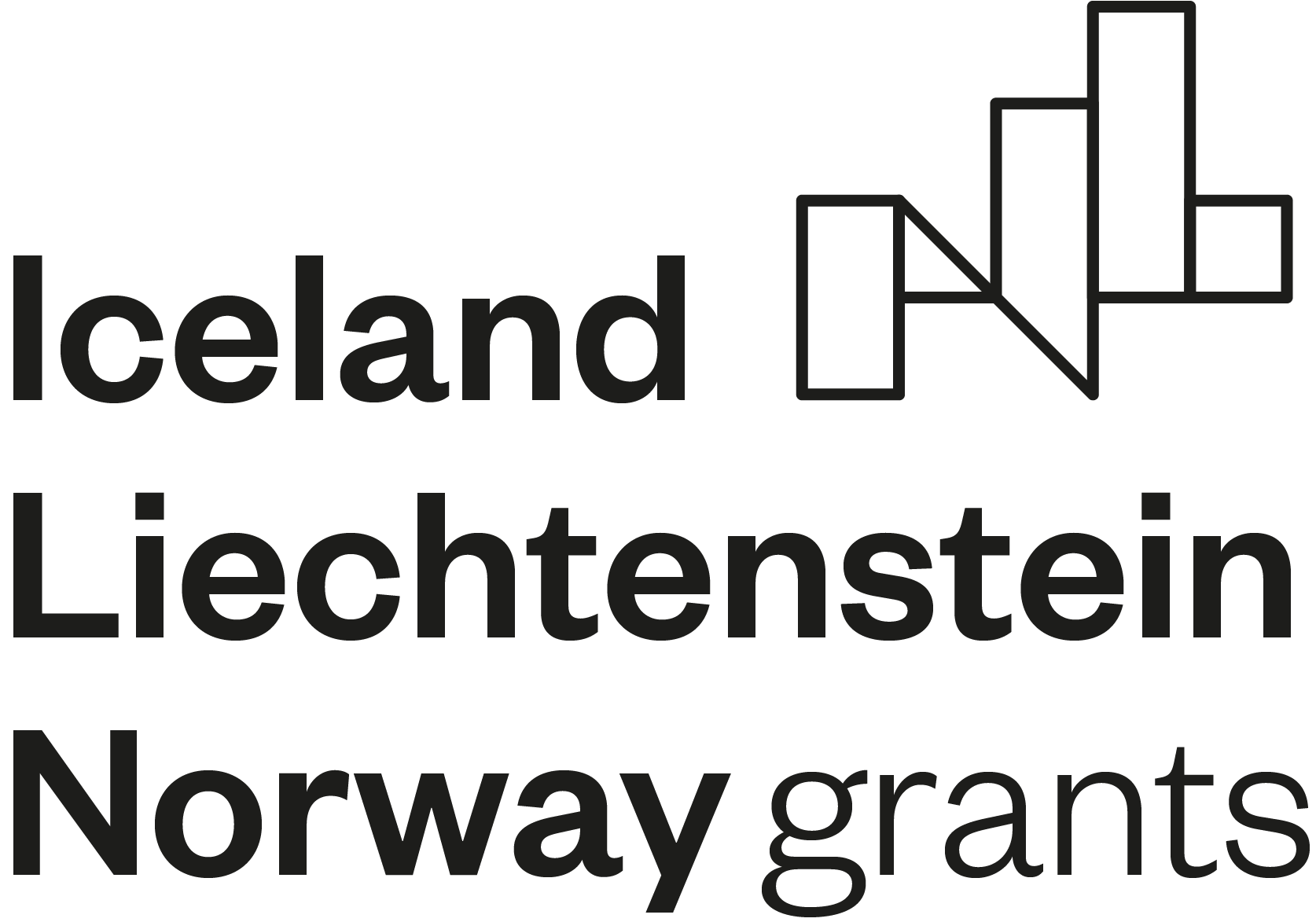Topic
About the new workforce
About the new workforce
The contemporary workforce is experiencing a profound transformation driven by technological advancements, generational diversity, and shifting employee expectations. In this era of change, businesses must adapt to these dynamic workforce trends to remain competitive and relevant in an ever-evolving landscape. This article explores the key trends shaping the new workforce and offers strategies for businesses to thrive in this evolving environment.
Key workforce trends:
gENERATIONAL MIX
The workforce now comprises multiple generations, including baby boomers, Generation X, Y (known as Millenials), and Z. This generational diversity brings varied perspectives and communication styles to the workplace, challenging organizations to foster inclusivity and collaboration among different age groups.
DIGITAL NATIVES
With the rise of digital natives born in the era of social media and instant connectivity, employees expect workplaces to leverage technology for seamless communication and productivity. This trend necessitates the integration of digital tools and platforms into work processes.
INCREASED PRODUCTIVITY
Studies have shown that remote workers often exhibit higher levels of productivity. The absence of office distractions, reduced commuting time, and personalized work environments can enhance focus and concentration. Additionally, remote work eliminates the constraints of traditional office hours, enabling individuals to work during their peak productivity hours.
IDEALISTIC WORKFORCE
Modern employees seek purpose and fulfillment in their work, beyond financial incentives. They desire a strong alignment between their values and the company's mission, prompting businesses to articulate a clear and compelling purpose.
Workforce trends impact on businesses
The evolving workforce has a profound impact on businesses:
Diversity and Innovation: A diverse workforce fosters innovation and creativity, driving businesses to prioritize diversity, equity, and inclusion in their strategies. Companies must align their missions with global values to attract and retain top talent.
Flexible Work Models: Remote and hybrid work models are reshaping traditional office setups. To remain competitive, businesses must invest in remote technology, establish flexible working hours, and adapt management structures to accommodate this shift.
Employee Well-Being: As work and personal lives become intertwined, addressing employee well-being is paramount. Businesses must implement strategies and initiatives to support mental health, combat social isolation, and maintain work-life balance among their teams.
Adaptive Strategies: To thrive in this changing landscape, businesses should focus on innovation, personal and professional development, and creating a workplace culture that empowers employees to make a meaningful impact.

Strategies
Embrace Technological Integration: Leverage technology to facilitate seamless communication, collaboration, and productivity. Invest in digital tools and platforms that enhance remote work and cater to digital-native employees' preferences.
Promote Inclusivity: Create an inclusive workplace culture that values diversity and fosters collaboration among different generations. Develop training programs and initiatives that promote diversity and equity.
Prioritize Employee Well-Being: Implement mental health support programs, encourage work-life balance, and offer flexibility in work arrangements. Regularly assess and adapt well-being initiatives to meet evolving employee needs.
Articulate a Compelling Mission: Clearly define your company's mission and values, aligning them with the aspirations of the idealistic workforce. Engage employees in meaningful projects that resonate with your organization's purpose.
Cultivate Adaptability: Embrace change as an opportunity for growth and innovation. Encourage a culture of continuous learning and development, enabling employees to thrive in an ever-evolving work environment.
Understanding and adapting to these workforce trends are essential for businesses looking to succeed in the modern era. By
embracing diversity, harnessing technology, prioritizing well-being, and fostering a sense of purpose, organizations can navigate these changes and build a workforce that drives innovation and long-term success.
share this
Related Articles
©2024
Financing the project Project EOG/21/K3/W/0060 (VET 4.0. - system for training a new generation of practitioners) benefits from a grant of 127,100 euros received from Iceland, Liechtenstein and Norway under the EEA Funds. The project aims to develop innovative approaches to help students, educators, VET schools, VET institutions and businesses to collaborate effectively in preparing the younger generation for the job market 4.0.








